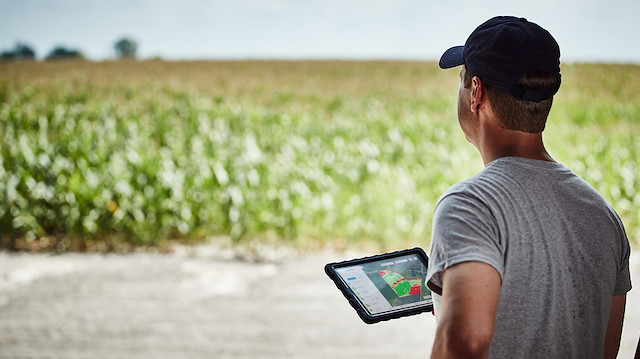
Poorer countries are often under pressure from agribusiness to use land more efficiently by consolidating it into larger, highly mechanised farms, said Debra Dunn, who helped launch a sustainable food systems programme at Stanford University.
"The environmental and human health costs of that approach have been enormous, and a lot of farmers have been taken out of farming work," warned the co-founder of the FEED Collaborative.
In African countries, and in India - where there are not enough alternative jobs for displaced farmers - "the wholesale adoption of these approaches would be disastrous" for some of the world's most vulnerable people, she said.
Making small-scale farming more productive and boosting farmers' incomes, even in the face of climate change, is a better option, the experts told a panel discussion.
"I keep telling big business: You don’t need land, you need produce. Buy from small producers," Kalibata said.
Some places like Ethiopia - infamous for famine sparked by drought and poor governance in the 1980s - are already showing what is possible.
In recent years, Ethiopia has faced drought as severe as in the 1980s, causing food shortages but no widespread starvation, Kalibata said, thanks to mapping of the country's soils and careful use of fertilisers to dramatically increase harvests.
Root Capital's Foote said that in the places his organisation works, climate change had become "an existential crisis" with farmers "absolutely on the frontline".
It was now crucial to "ensure farmers, and especially the most vulnerable, have access to the information and skills and capital they need to adjust", he added.














